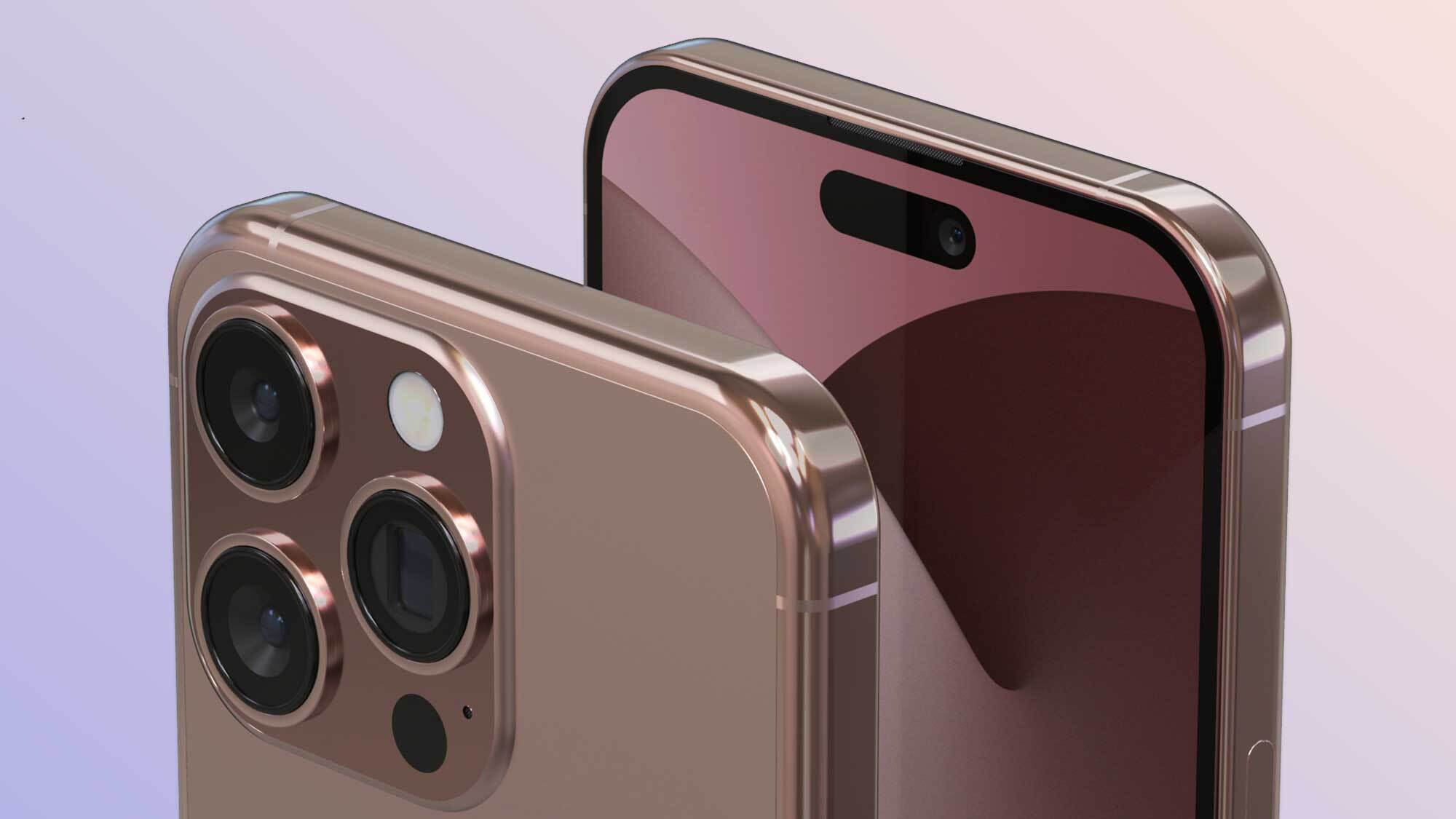iPhone 15 Pro tipped for world exclusive on 3nm chips
Apple's new 3nm chips could be very powerful indeed

It looks like the iPhone 15 Pro is set for a serious upgrade.
According to MacRumors’ reporting of a DigiTimes report (paywalled), Apple has procured TSMC’s initial run of N3 3nm process semiconductors. It is expected that these next-generation semiconductors will make their way into the A17 Bionic chip rumored for the iPhone 15 Pro. These chips would also likely be used in the iPhone 15 Pro Max or iPhone 15 Ultra, though there’s still some debate about whether or not we will see both models in the next iPhone generation.
This is a major boost for Apple’s already dominant mobile chipsets. While the Snapdragon 8 Gen 2 from Qualcomm powering the Samsung Galaxy S23 Ultra outperformed the A15 Bionic-powered iPhone 14 in Geekbench 5 testing, it still failed to surpass the A16 found in the iPhone 14 Pro or iPhone 14 Pro Max — though it did outperform it graphically.
Now Apple could extend that lead even further as the new chipsets are tipped to significantly outperform their older counterparts. This is because the smaller process used allows for more transistors in the new chipsets, which in turn produces more power more efficiently.
According to the MacRumors report, initial testing from TSMC has shown that it delivers 35% greater power efficiency than 4nm process chipsets, like those that power the A16 Bionic mobile chipset. Given that the Samsung Galaxy S23 Ultra just overtook the Apple iPhone 14 Pro Max as the best phone we’ve ever tested, Apple will be glad to have the advantage.
3nm chipsets tipped for Mac processors as well
The best iPhones are the only Apple devices tipped to get a boost from these 3nm semiconductors. The next generation of Apple silicon for Mac computers—likely branded the M3—is also projected to use the 3nm process semiconductors developed by TSMC.
According to TSMC, this should give the M3 processors a serious advantage over their 5nm process M2 counterparts. The company’s N3 3nm process technology—which is tipped to be upgraded to enhanced N3E technology by the end of 2023—is suggested to improve speed by 15% and reduce power consumption by 30%.
Sign up to get the BEST of Tom's Guide direct to your inbox.
Get instant access to breaking news, the hottest reviews, great deals and helpful tips.
That level of a performance boost would be impressive, given that the current 5nm process M2 Pro and M2 Max processors are already some of the best-performing chips on the market. Geekbench 5 benchmarks tests of the MacBook Pro 14-inch M2 Pro and M2 Max laptops found that it outperformed some of the best Intel-powered laptops using 12th gen Alder Lake processors—though a fresh contingent of Windows 11 laptops powered by the new Intel Raptor Lake 13th Gen CPUs arrives this year to crank up the competition. If the M3 is noticeably better, expect Apple to keep its spot atop our list of the best laptops.

Malcolm has been with Tom's Guide since 2022, and has been covering the latest in streaming shows and movies since 2023. He's not one to shy away from a hot take, including that "John Wick" is one of the four greatest films ever made.
